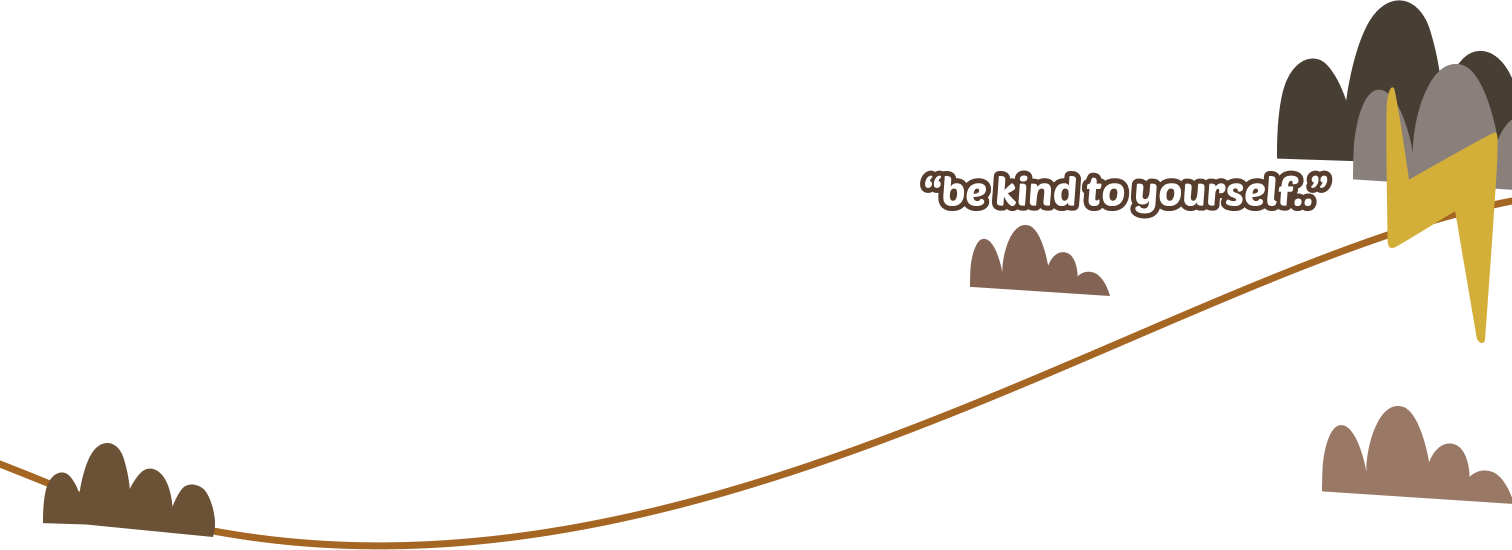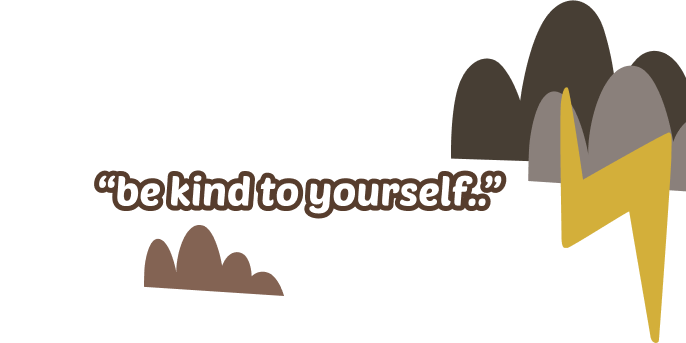If you have recently relapsed
This worksheet helps you reflect and learn from your most recent recurrence/relapse.
Recurrence/Relapse can happen. This is nothing to be ashamed of and gives you an opportunity to re-assess where you need extra support. The next steps are to cope with the consequences and figure out what you want to do next.



NAMI is an additional resource that can be used: https://www.nami.org/Support-Education/Support-Groups/NAMI-Family-Support-Group
If you need extra support, there are groups such as Al-Anon that you can attend. Al-anon is for family and loved ones of someone who is struggling with substance use.
Notifications